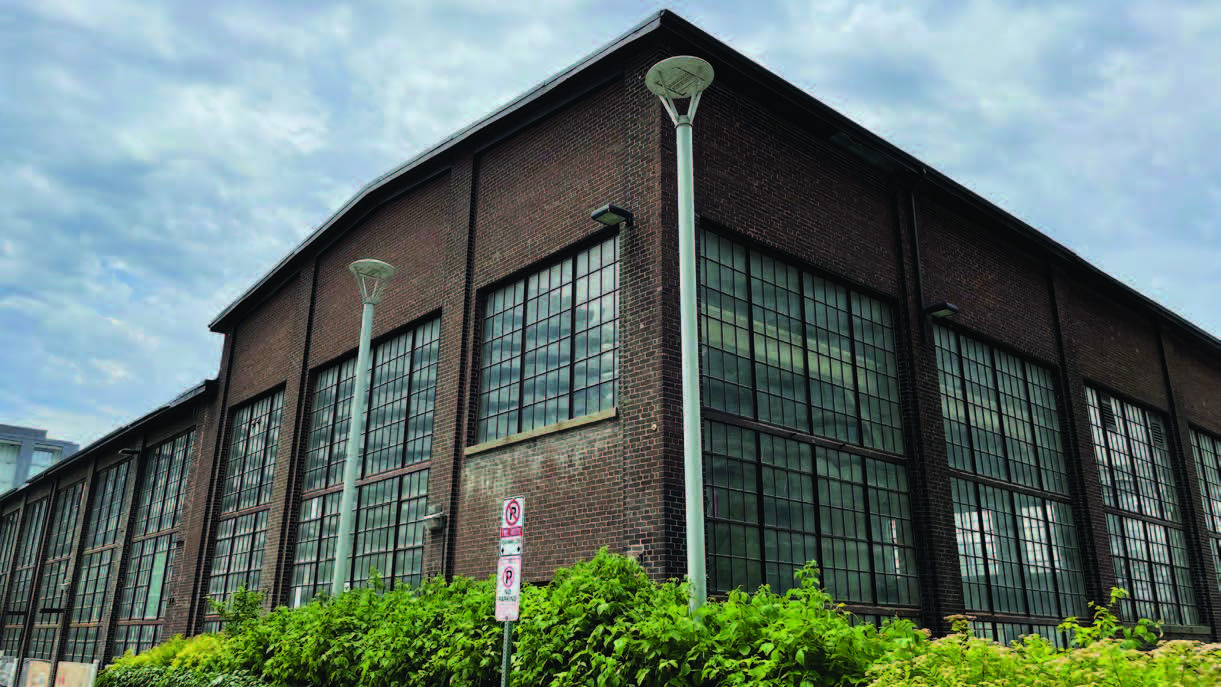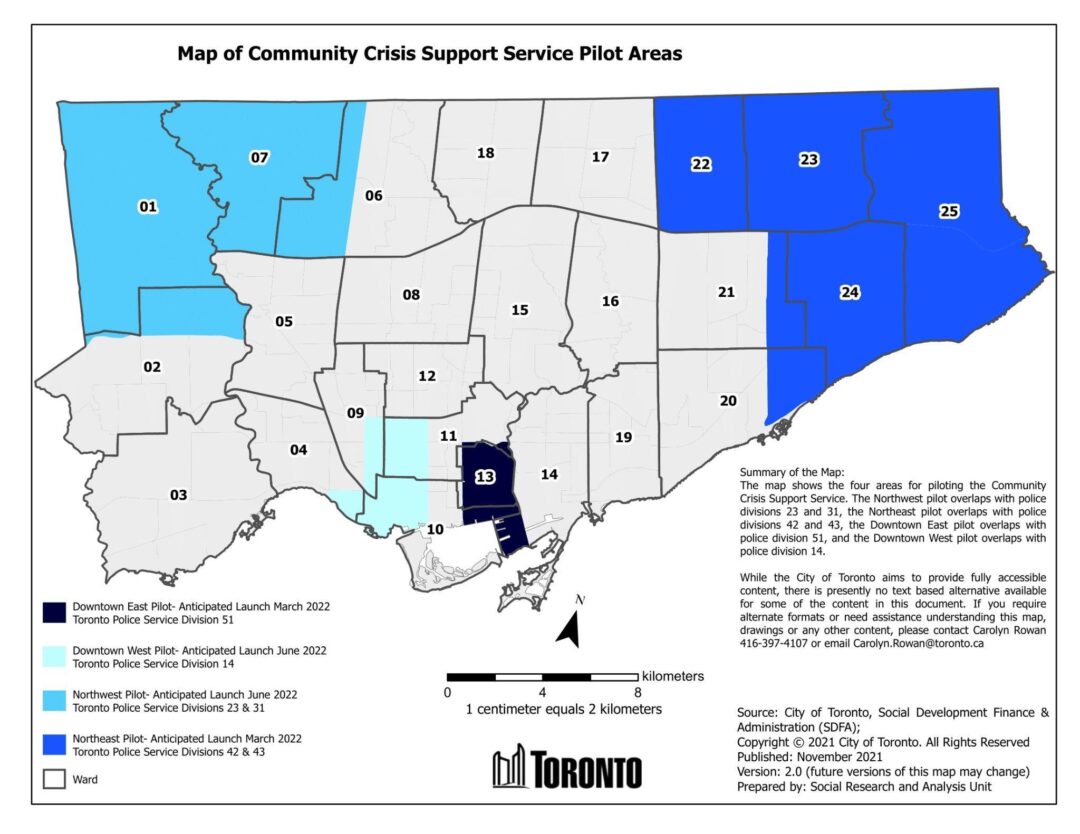By Elspeth Chalmers
–
Over two years of community advocacy may be for naught after the Dominion Foundry site was sold to a private developer. The five buildings—a warehouse, an office building, a foundry (“cleaning room”) and two machine shops—once belonged to Dominion Wheel & Foundries Limited.
The deal closed on March 28 when the province sold the land to buyers listed only as Eastern Avenue (Condo) LP and Eastern Avenue (Condo) GP. The two companies were formed in December of 2021 and based in the exurb of Concord (north of Steeles Avenue).
As the manufacturer of rail parts used to expand the Canadian National Railway, the property at 153–185 Eastern Avenue was added to the City of Toronto Heritage Property Inventory in 2004. But the Ontario government issued a Ministerial Zoning Order (MZO) in October 2020 that nullified its civic heritage status. About a month earlier, the province registered a purchase agreement at the Treasury Board for the property— the province had agreed to sell the property to a private developer.
Demolition of the heritage buildings began on January 18, 2021, sparking an outcry from residents, community groups, and city councillors. Demolition stopped 11 days later after the St. Lawrence Neighbourhood Association (SLNA) applied for an injunction.
A full heritage impact assessment (HIA) was completed in June 2021 by independent architects for Infrastructure Ontario, a crown agency of the province, recommending preservation of the foundry and machine shops.
Two months later, the province announced a new plan for the site that complied with the HIA recommendations. The province also agreed that when the property was sold to a private developer, the purchaser and future owners would be required to protect the site’s heritage value.
Demolition on the site began again on December 11, 2021, this time with the support of Respect Local Planning, a citizens group. The preservation of the three buildings with the most historic value was a success for the group but residents’ reactions were mixed. The site was rezoned to make way for three 40-storey condominiums.
Although the three oldest buildings were preserved, residents were disappointed that two historic buildings, one built in 1930, were torn down.
SLNA development chair Suzanne Kavanagh, also a member of the West Don Lands Committee and a spokesperson for the Friends of the Foundry community group, said she wasn’t disappointed that those two buildings were demolished.
The heritage impact assessment recommendations “are very similar to the concept that [SLNA] and [the West Don Lands Committee] presented to the government,” she said.
But Franca Leeson, from Respect Local Planning, asked, “Who’s thinking about where the people are going to go grocery shopping? Who’s thinking about where their kids are going to go to school?”
Developers are not often committed to the community long-term, she said. “They put up a building and they sell all the units”—ending their involvement.
Leeson is still nervous about the foundry’s future. “It is all too easy to knock down a wall or two, say ‘oops’, and pay a fine later. The promises made in the June 2021 Heritage Impact Assessment are all very well and good, but who will hold them to it? Hard to say, especially when we don’t even know who they are.”
As a resident of the West Don Lands, Leeson considers the neighbourhood special. It’s something that makes it worth fighting for. It “is going to be destroyed if development is not guided in a way that preserves its heritage and preserves its livability.”
Leeson and her colleagues continue to survey the site daily and have reached out to interim City Councillor Robin Buxton Potts for more info.




